Reply To:
Name - Reply Comment
Last Updated : 2024-04-19 07:40:00
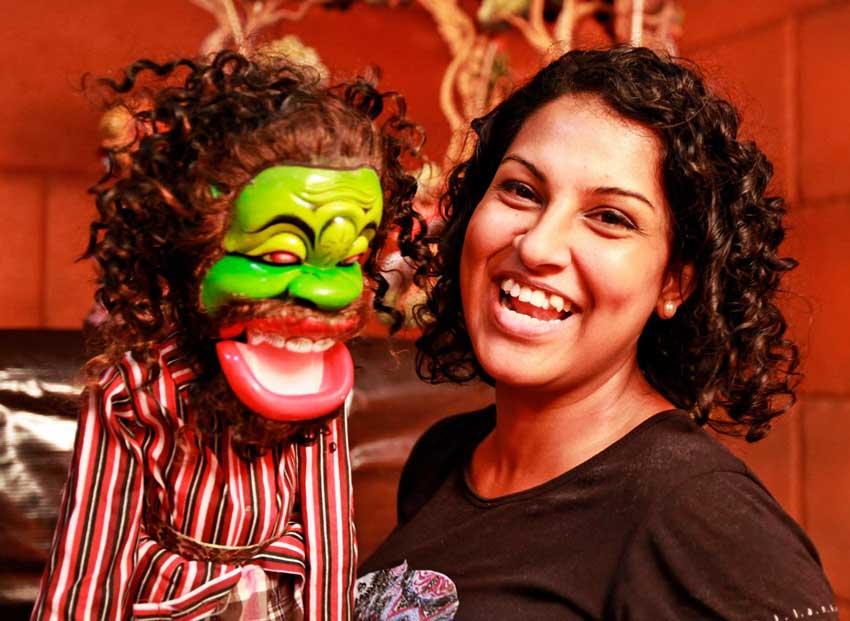
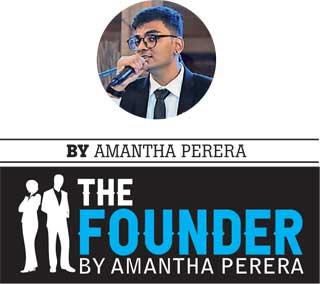 On this week’s edition of ‘The Founder’ we have with us the Founder of Power of Play, Sulochana Dissanayake; a Performer, Puppeteer, Writer, Trainer and Theatre Director. She also holds a BA in Theatre and Economics from Bates College, USA.
On this week’s edition of ‘The Founder’ we have with us the Founder of Power of Play, Sulochana Dissanayake; a Performer, Puppeteer, Writer, Trainer and Theatre Director. She also holds a BA in Theatre and Economics from Bates College, USA.
In your own words, what is Power of Play (PVT) Ltd.
Established in 2011, Power of Play (PoP) is a company that utilizes performing arts for communication, with a special focus on theater and puppetry. Going back to the basic belief that the human is the key component of progressive change. PoP capitalizes on both traditional and contemporary performance techniques that sharpen soft skills and empower individuals to become dynamic change agents in their communities. PoP marries traditional art with contemporary needs to achieve a unique cultural identity for products to promote social values critical for intelligent citizenship. Engaging in customized solutions for both internal and external communication requirements, PoP has devised novel products to promote education, reconciliation, development and international understanding for the corporate, governmental and non-governmental sectors of Sri Lanka.
What inspired you?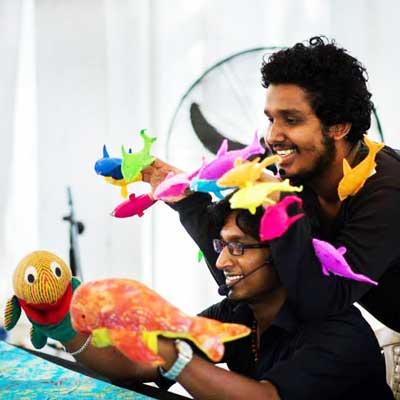
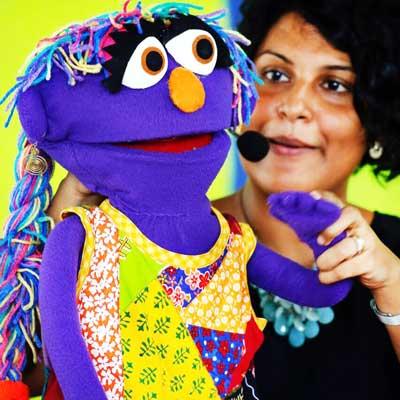
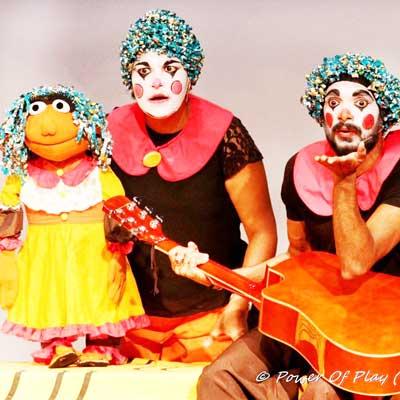
Ever since I was about two years old, my dad would do little performances with us at home. It was very much a part of my childhood. I think it is partly cultural as well. Whenever, we gathered in communities, we do sing-alongs. We enact plays at Christmas time; part of my family is also Catholic even though we are Buddhists. Performing arts was very much part of my childhood. I think I took a special liking to it because of that. It was always omnipresent in my life. As I grew older, through school, naturally, we got into plays, the band, singing, choir, and debating. I always wanted to see how we could do this outside of theatre halls. I was a little perturbed by the fact that our school competitions were, always, and still are Shakespeare. I ask myself, but what about our own stories? I had little exposure to Sinhala theatre at the time. But as I became a teenager, I started watching Ruwanthi De Chickera’s performances. That was the first time I saw our own stories being told, it impacted me a lot. I remember seeing one of Ruwanthi’s plays and the story happened in a bus. It was very creatively done. I thought to myself, this is impactful. Not to say Shakespeare is less impactful, but Shakespeare has to be done in context to have the desired impact on current teenage audiences.
What was the journey like, starting from scratch and building the business up to where it is right now?
Power of Play is a company that utilizes performing arts for communication, with a special focus on puppetry and theater. I founded it because I felt the need of the 21st century is to reconnect, internally and externally. As humans, of shared experiences and values, finding what we have in common while being as diverse as we are is what enables us to share spaces, resources and respect. So the core values of PoP is kindness, empathy and mutual respect, to us, everyone matters equally from the tiniest to the biggest humans. A finger puppet (handled artfully) has just as much as potential to communicate as a 14ft giant puppet (manipulated professionally). Any sharing of art be it a story said out loud at bedtime or a show staged after months of rehearsals in the biggest auditorium is a gathering of community. Art brings people together, which is its biggest strength in communication. If done right, you can elicit identical emotions in total strangers or make someone else stand in another’s shoes, just for a brief moment. That ability to create empathy is the magic of art.
I founded it as a private limited company in 2011 because in sticking to our values, I wanted to create a commercial recognition for professional artists. To distinctly say, ‘this isn’t a hobby. Or a favor. Or a publicity gimmick. It’s a profession, honed over years at great investment and commitment. And it deserves equal respect and financial compensation.’ Since its inception, we have travelled around Sri Lanka, from the tiniest communities in rural villages to the biggest blue chips of Colombo, reaching everyone from youngest to oldest in sharing an alternate view of life. Pre-pandemic, 95% of our work was performed live, in child and adult education. We do workshops and performances for children and teenagers and do corporate training for adults. We also do issue-based theater for communities who find themselves dealing with taboos. In everything we do, we pave the way for people to start addressing the real issue at hand through honest, engaging conversations, and to envision an organic solution to the problem.
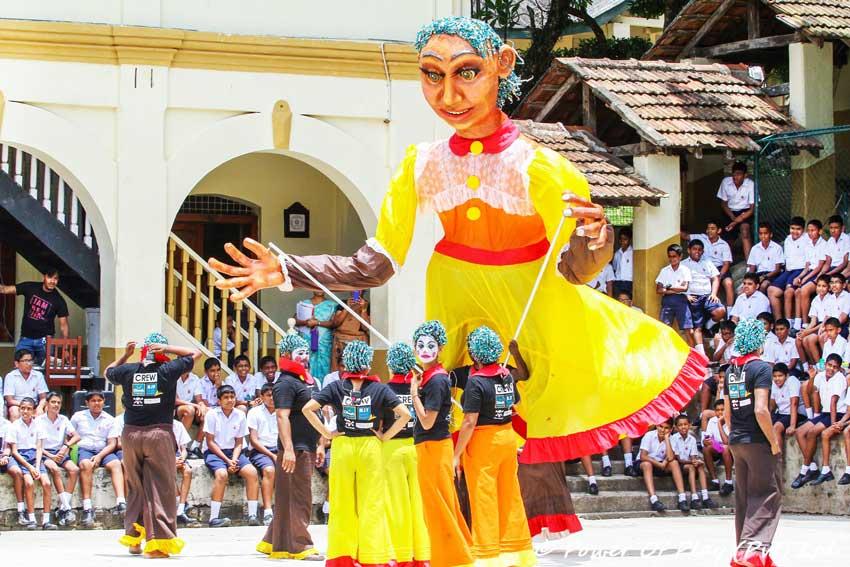
What were the hardships you faced as an owner, what was the toughest one yet?
Doing arts as a profession is riddled with the same hardship any non-traditional career path entails. Gaining traction and acceptance is the toughest challenge because in today’s fast paced world that’s consumed with so many endless things, it isn’t enough to just do something well – you need to invest in a brilliant marketing strategy too. For a small project-based company, investing in the infrastructure needed to grow financially is a tough call and something we are grappling with to-date. To keep functioning as we are or to scale the business and keep growing despite the numerous curve balls thrown by a volatile market during a pandemic.
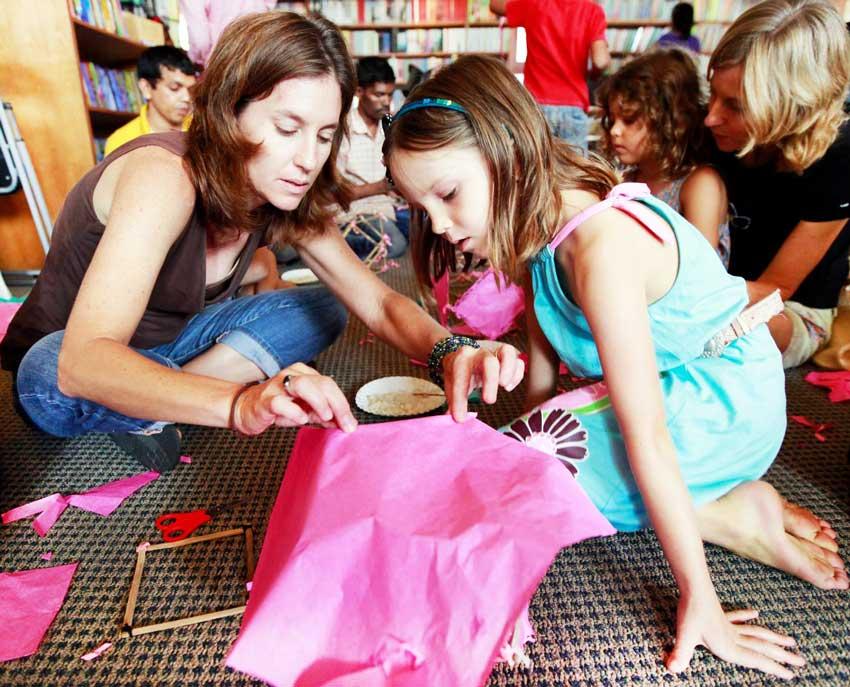
Being an Entrepreneur, what was it like facing the global pandemic? How did it affect the business?
The first lockdown pushed us over our comfort zones, the physical shows dried up overnight, so it was either adapt or shut down. I have my children to thank (a four-year-old son and a two-year-old daughter) because even if I would have had the option of shutting down as a business, I couldn’t shut down as a mother. So, I had to invent ways to keep them entertained and productively engaged and put in to practice everything we teach and preach in our line of work. As I pulled inspiration from my formal education and work experience, and started doing creative homeschooling, the video clips I shared on my personal Facebook page got a lot of appreciation. A work colleague paved the way for our first webinar (I had to google the word ‘webinar’ as I had never heard of it and then watch tutorials) and once I delivered it successfully, I felt a lot more confident and less apprehensive about the way things would ‘translate’ in to the virtual. We also took the plunge and did our first series of Facebook LIVE videos and the audience reach was mind blowing. We had never experienced performing to a global audience with viewers from different continents at the same time. The power of the virtual really hit home with that experience, and I began to view it as a vehicle with equal (but different) merits to live performances. However, each medium has its pros and cons. I don’t think the virtual can ever replace a physical performance and it doesn’t have to. As long as we view them as separate options, each suited for a vastly different set of circumstances and adjust our expectations accordingly, it has huge potential.
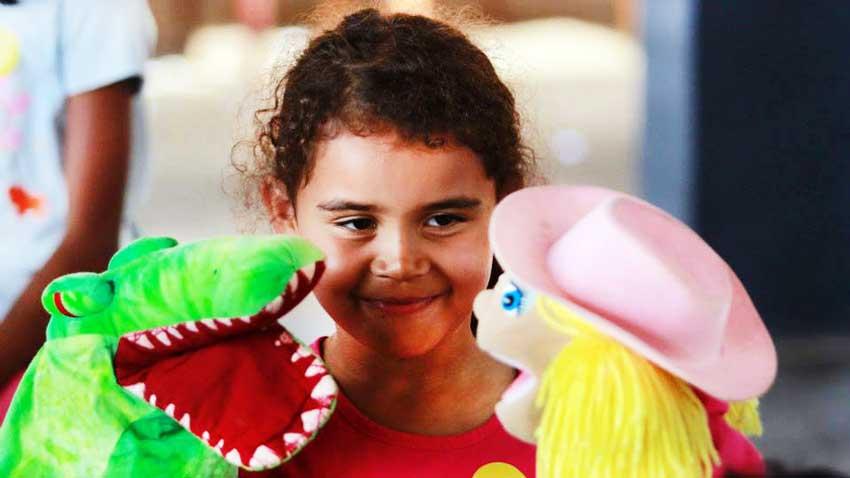
What has been the most frustrating thing about being a start up?
For us, it wasn’t just being a start-up. There’s no professional industry for live theatre and puppetry it’s very much on the fringes. So, in addition to introducing ourselves, we had to also establish a platform for ourselves along the way. That was the most challenging and frustrating but also rewarding thing.
Explain a few marketing strategies you have implemented, and what makes them successful?
In our third year we hired a professional PR consultancy firm that provided us a structure for what used to happen haphazardly. That gave us discipline and kept us focused in introducing ourselves to new clients. But Sri Lanka is a small place. Word of mouth works best. Our only strategy is to do what we do to the best of our ability and deliver each show as professionally as we can. I can say in our entire eleven years of existence, we have received only one negative review from a client. That kind of commitment to your product pays back in terms of returning clients. But we really have a long way to go in investing in a proper marketing and PR strategy which now is entirely controlled by Social Media.
What motivates you to do what you do on daily basis?
It makes me happy. And everything else it requires is worth it because of that.
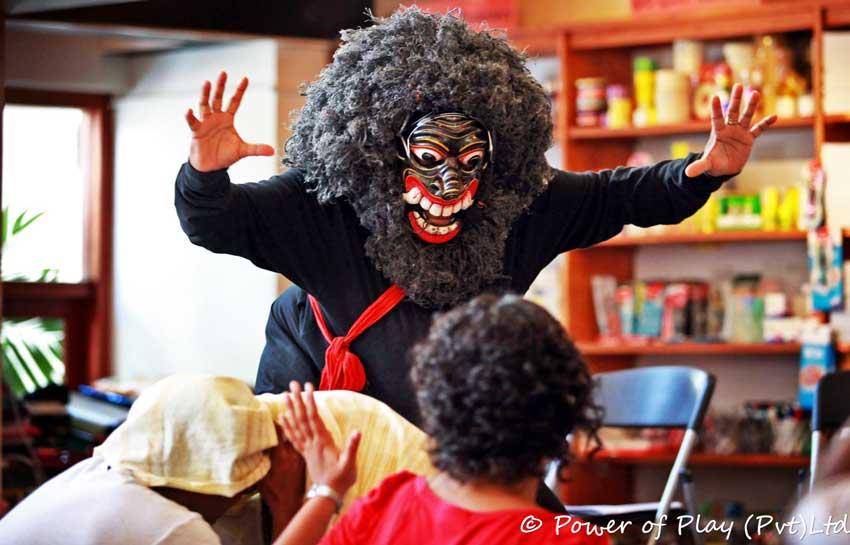
How did you get the initial start-up capital?
Personal savings. We’ve been very lucky that we have been able to break-even or make a profit right from the start. I have my Economic degree to thank for that where the only other main investment in my company is a professional Financial Advisor. We are militaristic about our numbers which has enabled us to stay afloat even in the worst economy.
What is your definition of the word success?
Happiness, integrity and financial stability; all together. That for me is true success.
Who are your role models?
My aunt, my sister and my brother. And most working mothers.
Have you tried and failed with anything in the past?
I tried applying for jobs in the financial industry in USA, and that never took off. In retrospect, I could never do a desk job so I guess everything happens for the best.
What advice would you give other start-ups?
Surround yourself with those who know more than you and constantly ask their advice. Opportunities to learn, collaborate and grow are all around you.

06 Apr 2024
More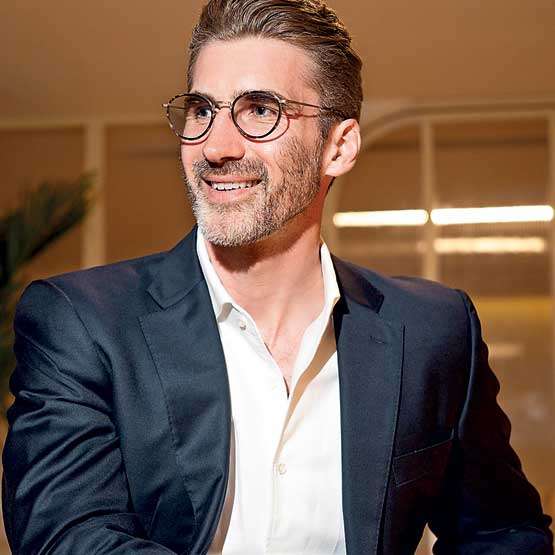
06 Apr 2024
More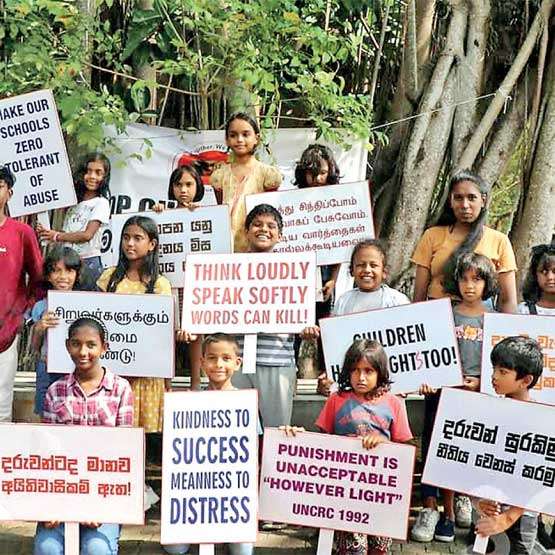
30 Mar 2024
MoreAdd comment
Comments will be edited (grammar, spelling and slang) and authorized at the discretion of Daily Mirror online. The website also has the right not to publish selected comments.
Reply To:
Name - Reply Comment
